Jump to Section:
Can Dogs Actually Get Colds?
Yes — dogs can get colds, but they’re caused by different viruses than the ones that affect humans. Common culprits include canine parainfluenza virus, adenovirus, and certain strains of coronavirus (not the human kind). These cause mild respiratory infections, much like the sniffles or a light cough in people.
Dogs can catch these viruses through close contact with other dogs, shared bowls, or contaminated surfaces — so busy kennels, dog parks, and daycare centres are common sources.
Dog Flu vs. Human Flu

Canine influenza, often called "dog flu," is a separate illness entirely. It’s caused by specific strains like H3N2 or H3N8, which don’t spread to humans but can pass rapidly between dogs. Outbreaks sometimes occur in boarding facilities or shelters.
Symptoms are similar to a human flu: coughing, fever, tiredness, and a runny nose. Most dogs recover within a few weeks, but puppies, seniors, and dogs with compromised immune systems may need extra care.
Symptoms to Watch For
Signs your dog may have a cold or flu include:
- Runny nose or watery eyes
- Coughing or sneezing
- Low energy or loss of appetite
- Mild fever or shivering
- Congested breathing
If your dog shows signs of laboured breathing, constant coughing, or stops eating, it’s best to contact your vet promptly.
How to Treat a Dog Cold at Home

Most mild cases clear up within a week or two with proper rest and hydration. You can help your dog feel better by:
- Keeping them warm and dry in a draft-free space
- Encouraging water and light meals
- Using a humidifier to ease congestion
- Wiping away nasal discharge gently with a soft cloth
Never give your dog human cold or flu medicine — many contain ingredients that are toxic to pets.
When to See a Vet
Visit your vet if symptoms last more than a few days, worsen, or include breathing difficulty, wheezing, or lethargy. Puppies, older dogs, or those with existing health conditions should be checked sooner rather than later.
Your vet may recommend fluids, anti-inflammatories, or antibiotics if a secondary bacterial infection is present.
Prevention Tips
Keeping your dog’s immune system strong is the best defence against seasonal illness. Here’s how:
- Feed a balanced, nutrient-rich diet
- Keep vaccinations up to date (especially kennel cough and flu vaccines)
- Wash their bed regularly — see our guide here
- Avoid close contact with coughing or sneezing dogs
- Keep them warm with a winter dog coat during cold walks
FAQs
Can dogs catch colds from humans?
No — human cold viruses don’t affect dogs, and canine viruses don’t affect people.
How long does a dog cold last?
Most mild colds clear up in 7–10 days with rest and care.
Can dog flu be prevented?
Yes, a canine influenza vaccine is available. Ask your vet if it’s suitable for your dog, especially if they attend daycare or kennels.
Is it safe to walk my dog when they have a cold?
Short, gentle walks are fine if your dog feels up to it — but avoid contact with other dogs to prevent spreading infection.
Can a cold turn into something more serious?
In some cases, yes. A cold can lead to pneumonia or bronchitis if left untreated, especially in vulnerable dogs. Always monitor closely and consult your vet if in doubt.



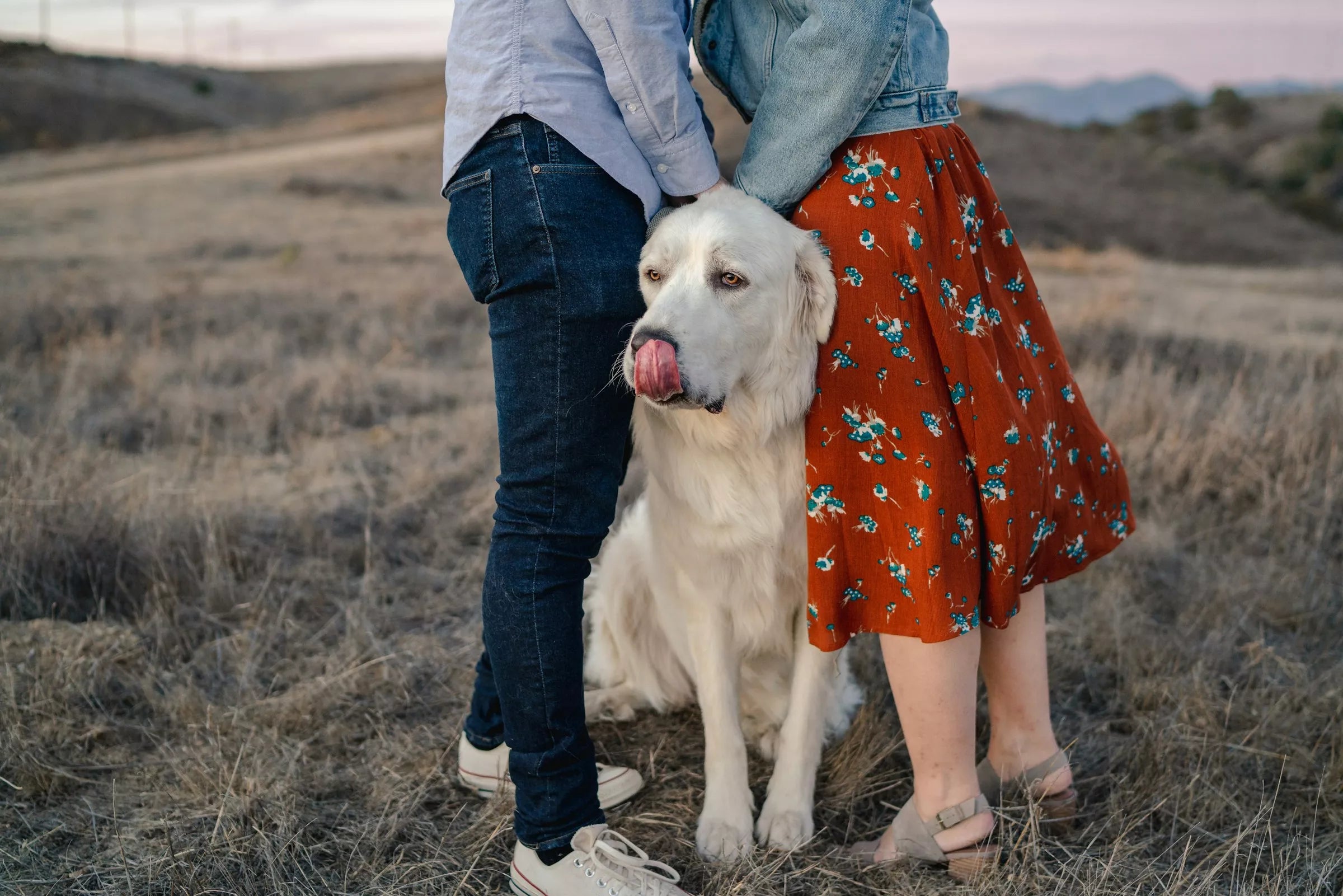
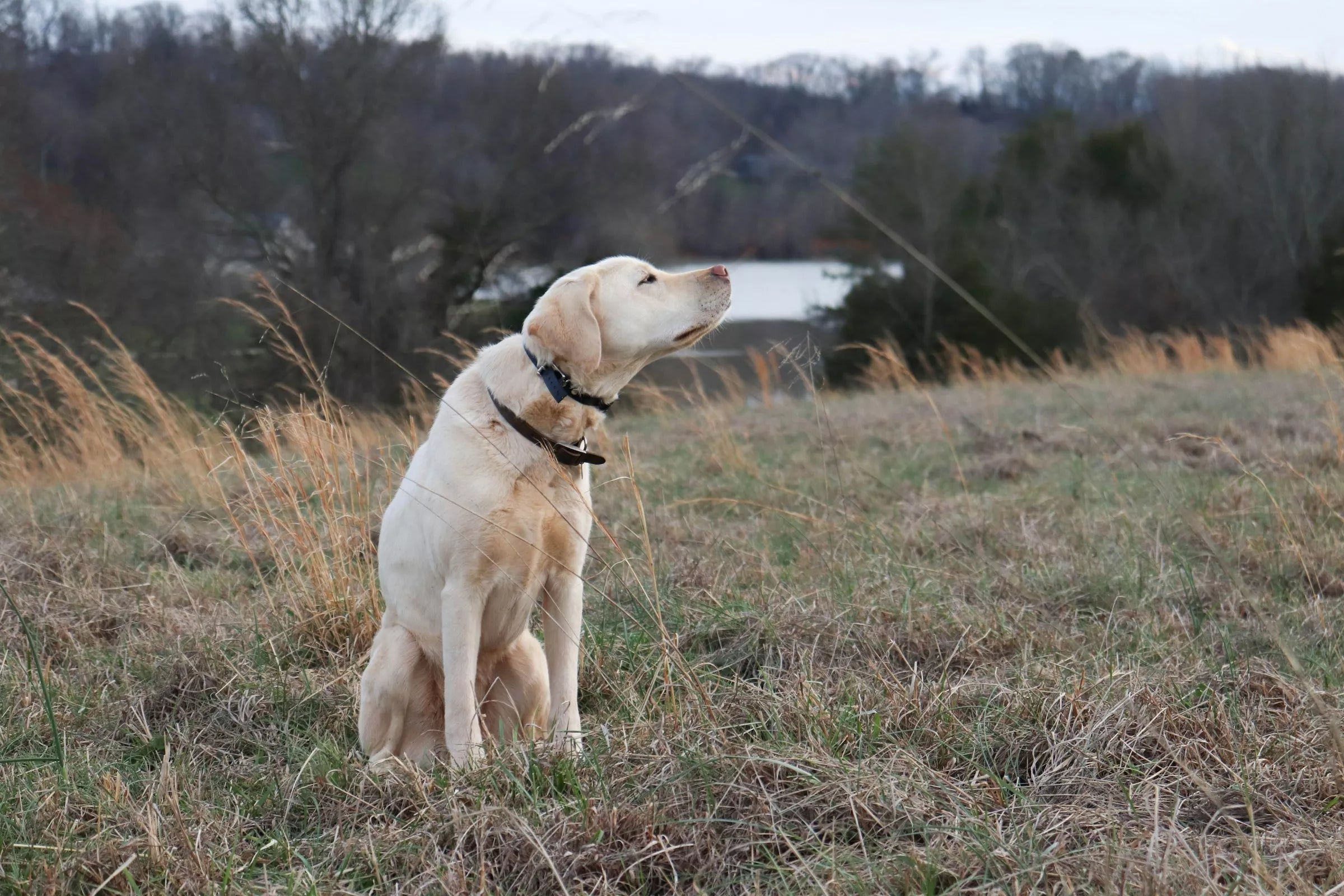
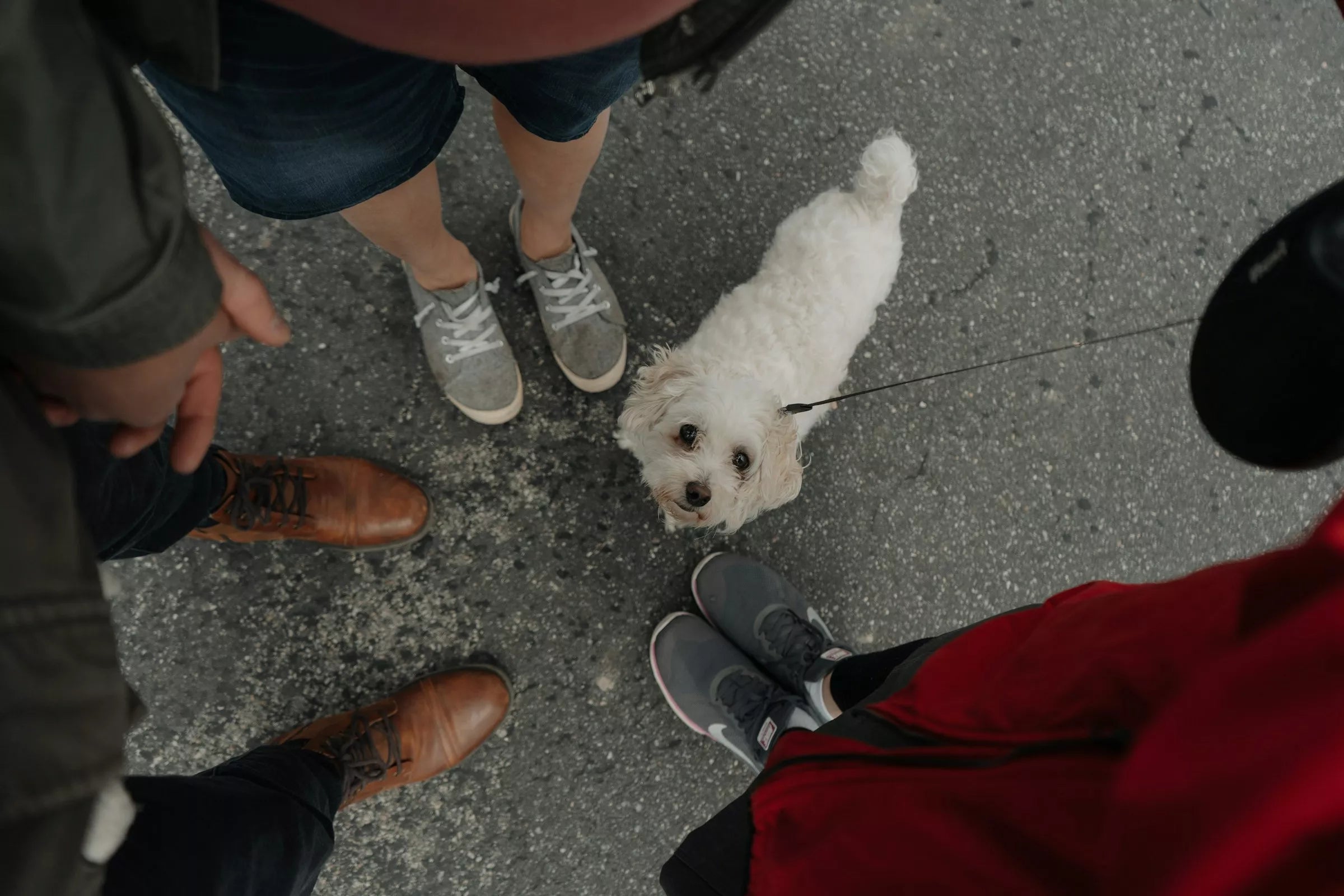
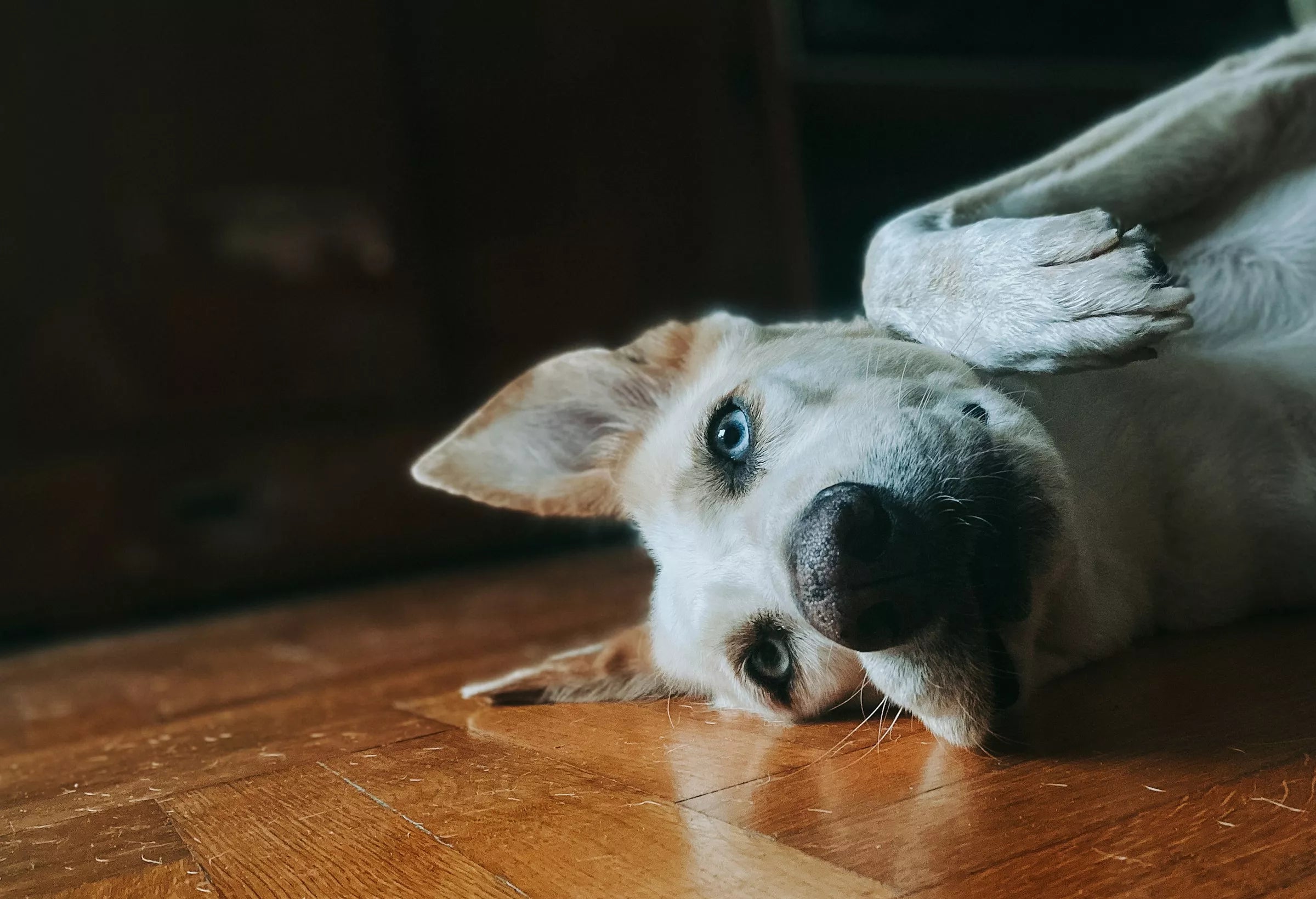
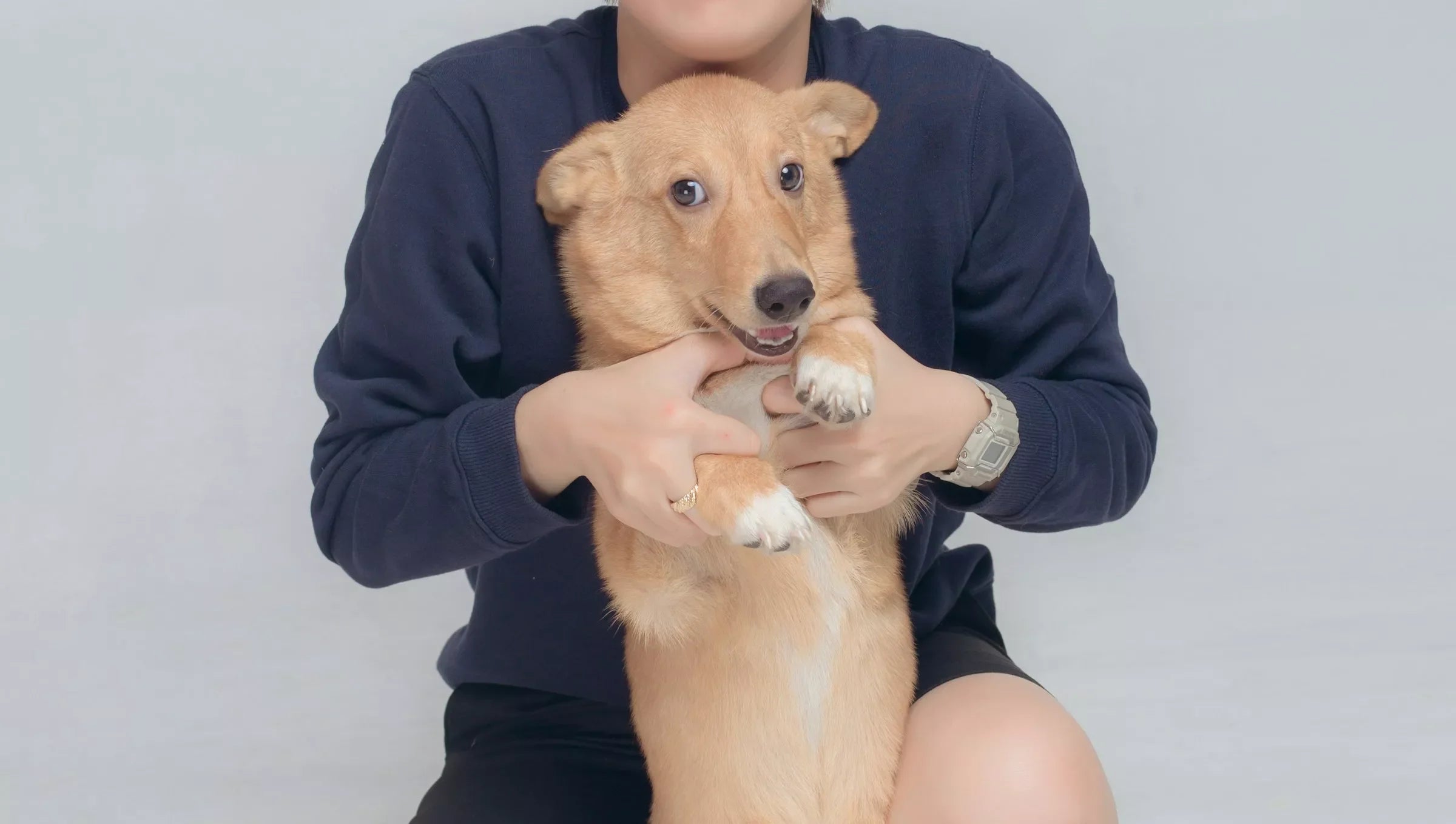
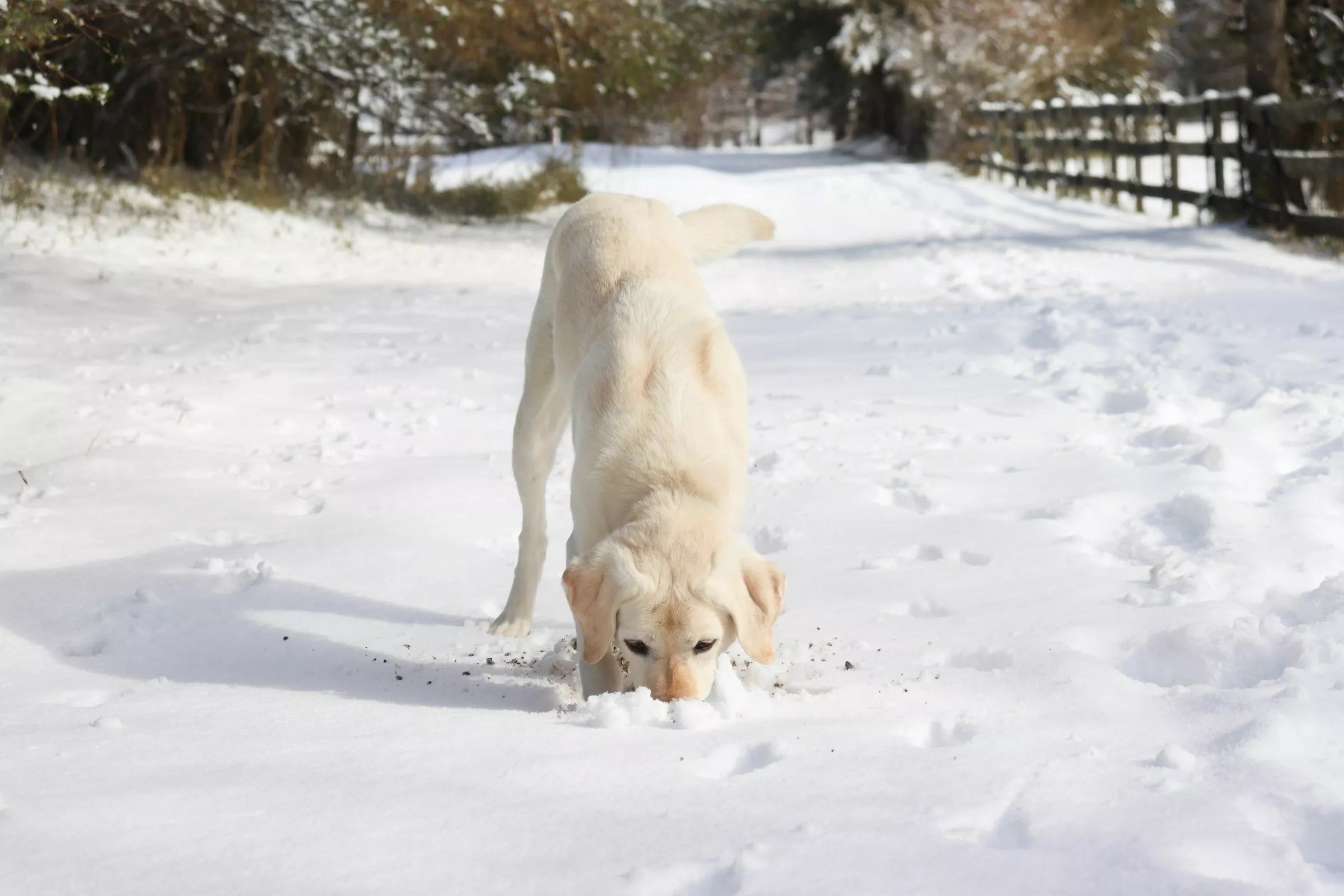






Share:
Can Dogs Recognise Different Languages?
Bonfire Night Tips for Dog Owners